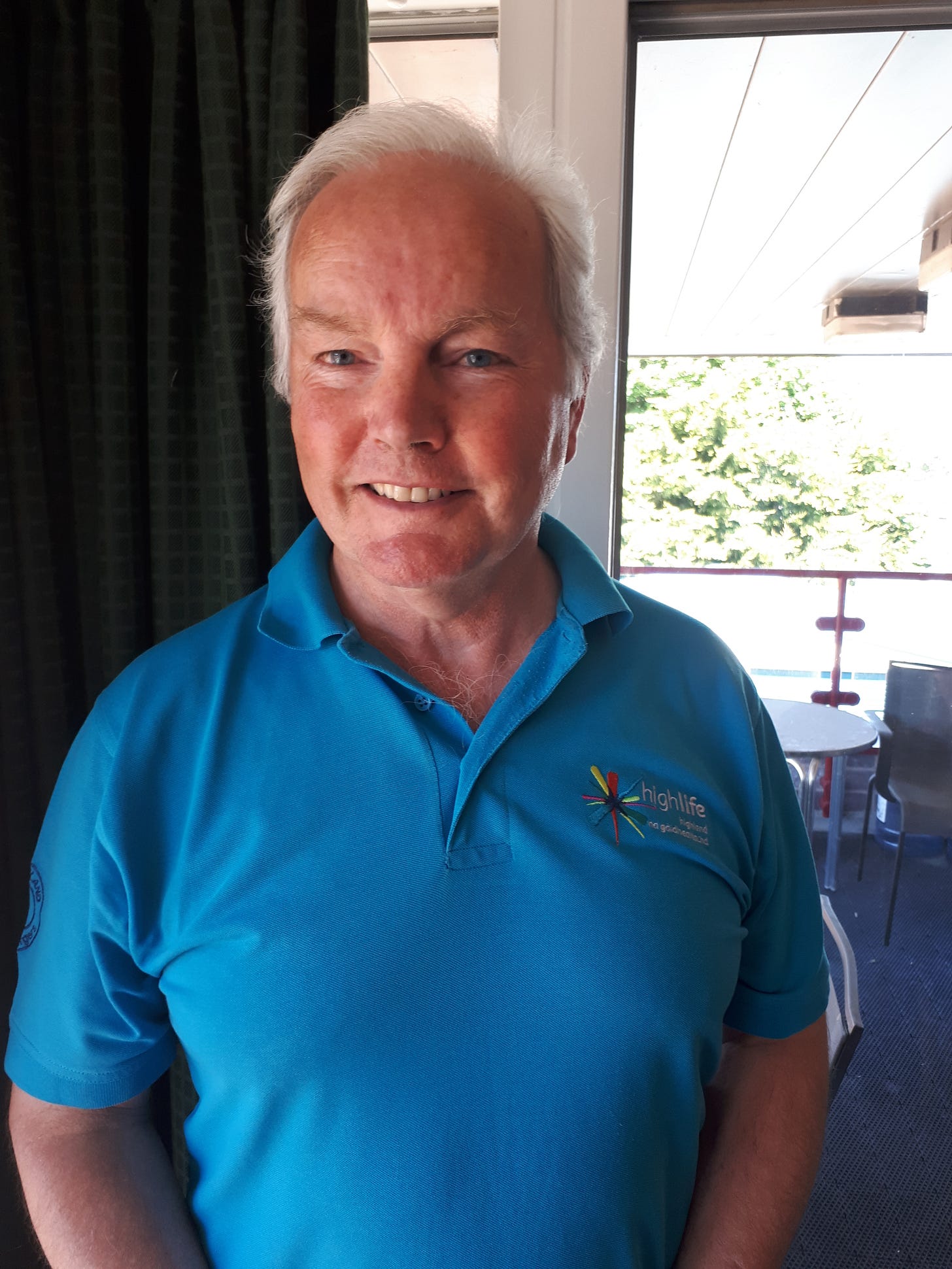Why bother to feed the birds in winter, is it not better to leave them to find natural food in a natural way?
I can understand the reasoning here, but it is obviously harder for any bird [or animal] to find sufficient food in cold frosty weather particularly if there is also snow on the ground. Plus, there are obviously fewer insects and grubs about, those which may be around will be secreted away in some nook and cranny or underground.
It is easy for us and need not be expensive to put out appropriate food for the birds. It does not have to be elite brands of peanuts or high-quality seed if it is reasonable quality. It is a good way to supplement their natural diet, especially in bleak winter conditions.

Due to their rapid metabolism and the small size of their stomachs birds should be filling themselves with food which has a high density of proteins, carbohydrates, vitamins and fats. Incidentally and importantly, white bread is not ideal for birds, it lacks sufficient quantities of those ingredients for their nutritional requirements, which differs from us humans. It is more of a “filler” for birds and can delude them into feeling that they are fully fed. Occasional bread may be okay, and it can be spread with butter or oils to improve the nutrition, but many people just do not offer bread. Weight for weight sunflower seeds, nyger seeds and peanuts [good quality ones] are much more nutritious than bread.

We also feel good about doing this and it brings the birds nearer, where we can observe them at close quarters, especially if you fit a window feeder. There can be so much activity at a bird table, non-stop, like a highland games with many events proceeding simultaneously. It is difficult to know where to look. To take the simile further, the birds are like the contestants, combatants battling for the prizes, whirling around in a flurry of colour and noise, swirling tartans and the skirl of the pipes. Akin to this is the added attraction of foreign visitors i.e. species of birds you might not usually see. I am usually “stuck” with sparrows and rock doves, a robin and a couple of chaffinches but have had siskins, great tits and last year a turtle dove [it wasn’t even Christmas], and inevitably a regular visit from a sparrowhawk. The greater the variety of food you put out the more likely it is you will attract more species.
My favourite seat in the house is by the window looking out to the bird feeder and the sea beyond. The birds bring me pleasure and a real interest. Many of the Uk’s birds are drastically reduced in numbers compared to years past, including some of our “common” garden birds such as starlings, greenfinches and sparrows - would you believe, even herring gulls are endangered. I feed then too, there are a pair waiting on our roof every morning.
It is good to feed the birds, anything we can do to help them has greater ramifications, they benefit and so will we.
Donald Mitchell is a High Life Highland Countryside Ranger, a keen observer of nature and wildlife, he dedicates his time to documenting and sharing insights about the natural habitats in North West Sutherland. With a particular interest in marine life, he aims to help others gain a deeper understanding and respect for the delicate balance of our ecosystem.
Become a citizen scientist
Take part in the RSPB Big Garden Birdwatch 2025 and make a real difference for our feathered friends! This simple yet impactful activity is perfect for individuals, families, and communities who love nature. All you need is an hour between 24th and 26th January to count the birds you see in your garden, local park, or balcony. It’s free to join and your observations contribute vital data, helping the RSPB track how birds are faring across the UK. Whether you’re an experienced birdwatcher or a curious beginner, it’s easy to get involved. Visit RSPB Birdwatch to register, download your counting guide, and submit your results online.
Together, we can help protect the birds that brighten our days!
Further reading on Nature Unveiled:
The Sparrowhawk (Accipiter nisus)
I opened up the bird feeder to top up the seed and as I did so I heard a rustling in the bushes at my side, turning quickly I could make out a feathery mass in the bush, at shoulder height, so I reached out and parted the branches for a better look.
A Whimsical Winter Guide to Bird Feeders
Choosing the right bird feeder is a bit like selecting the perfect dinner party outfit. Whether it's the snug fit of a tube feeder or the generous hospitality of a hopper, there's a feeder to suit every feathered friend. So let's fill up those feeders and enjoy the winter birdwatching, all with a light heart …






